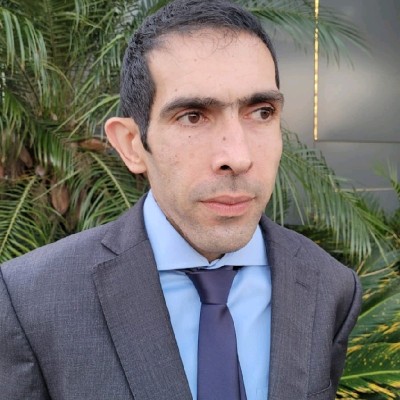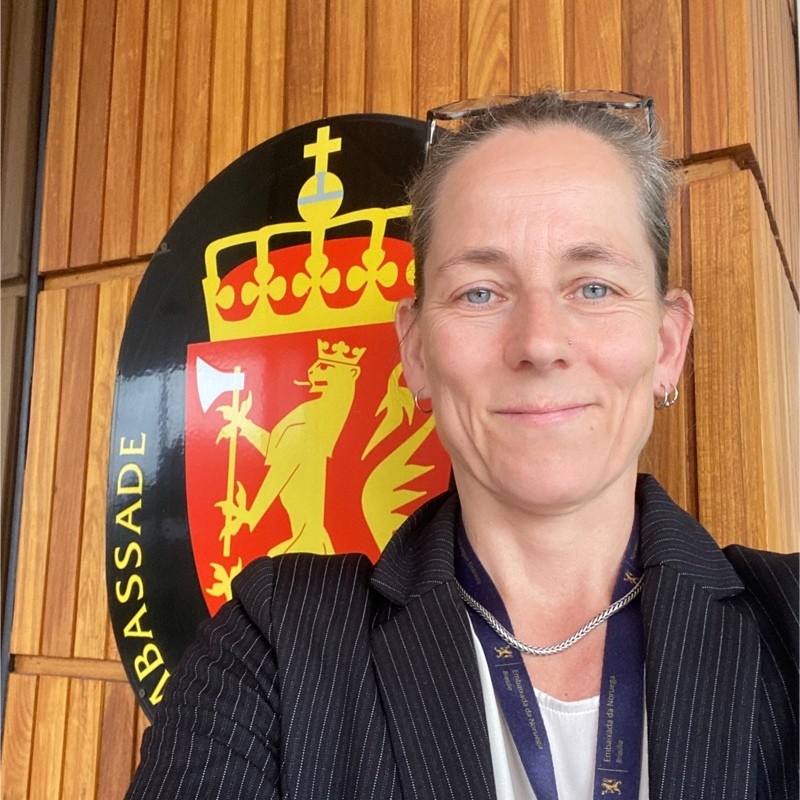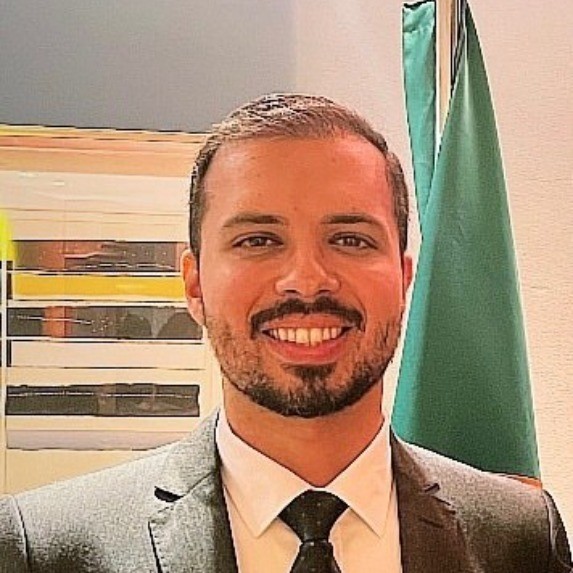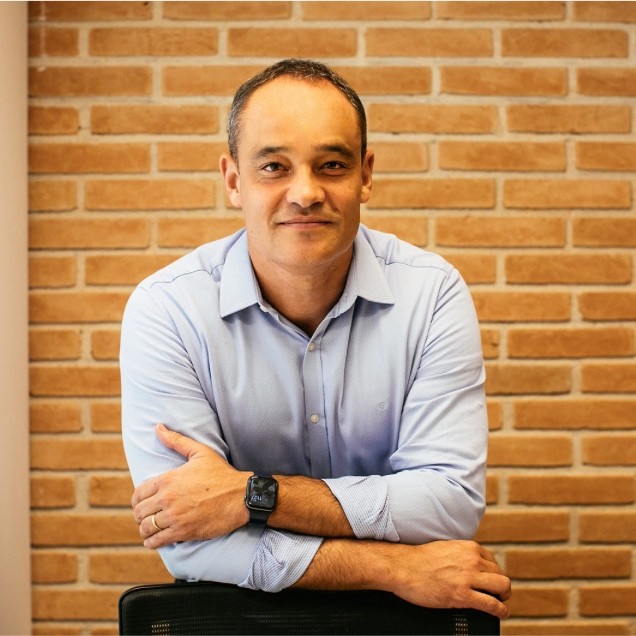Organized in partnership with the Norwegian Consulate General , Innovation Norway, the Brazilian Wind Energy Association (ABEEólica), and Equinor, the event focused on the key issues, constraints, and opportunities related to the development of offshore wind energy in Brazil. This joint initiative aims to promote the adoption of renewable energies and contribute to the national strategy for a sustainable energy transition by addressing successful cases and global experiences.
PANEL 1 | OFFSHORE WIND ENERGY: NEXT STEPS FOR THE INDUSTRY
Briefing: Regulation and the next steps to make the technology viable are essential for its development over the next few years. Companies are looking forward to the legal framework and are already preparing specific resources and market partnerships to introduce their strategies. The aim of the panel is to discuss the regulatory framework and the next steps for the future of the offshore wind industry. These will include issues related to the legal framework, the auction for the assignment of areas, market signaling and the value chain.
PANEL 2 | TRENDS AND CHALLENGES IN DEVELOPED AND EMERGING MARKETS: LESSONS FOR ACCELERATING TECHNOLOGY DEVELOPMENT IN BRAZIL
Briefing: Offshore wind technology is already a living reality in different markets around the world, such as the United Kingdom, China, Germany, the Netherlands and Norway. These countries have accumulated experience and knowledge for structuring permitting, licensing and regulatory processes, ensuring the technical and economic viability of the source around the world. The aim of this panel is to discuss how these experiences can be incorporated into the national context and collaborate with a safe and fast regulatory environment to meet the commitment to the climate goals of decarbonization and energy transition.
CLOSING AND PANEL 3 | ROUTE TO MARKET: HOW TO DEVELOP THE PATHWAYS TO INCREASE ENERGY DEMAND?
Briefing: The development of offshore wind energy could lead to the creation of a series of social benefits and positive externalities for the economy. For these benefits and pathways to be realized, the routes to market need to be defined, ensuring demand over the next few years. Alternatives associated with the future of area auctions, decarbonization, hydrogen and neo-industrialization will be debated in this panel, envisioning the future of offshore wind technology.




